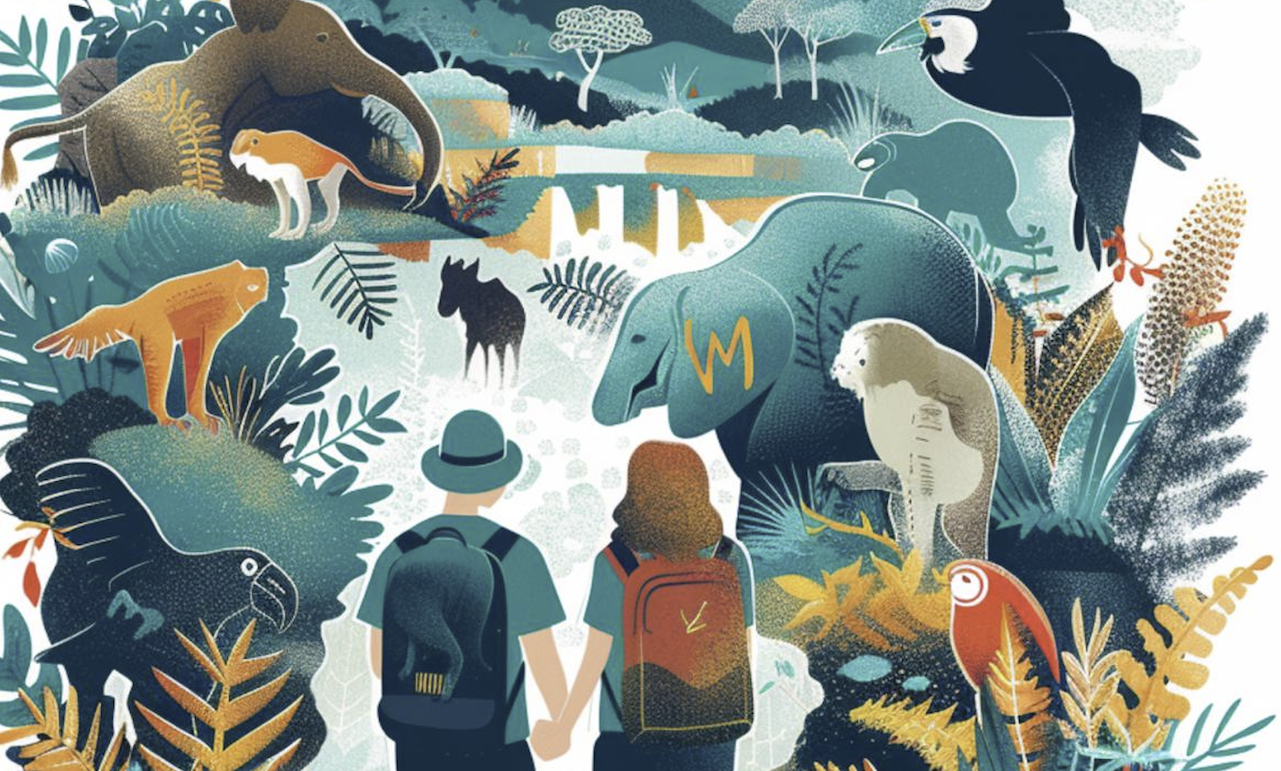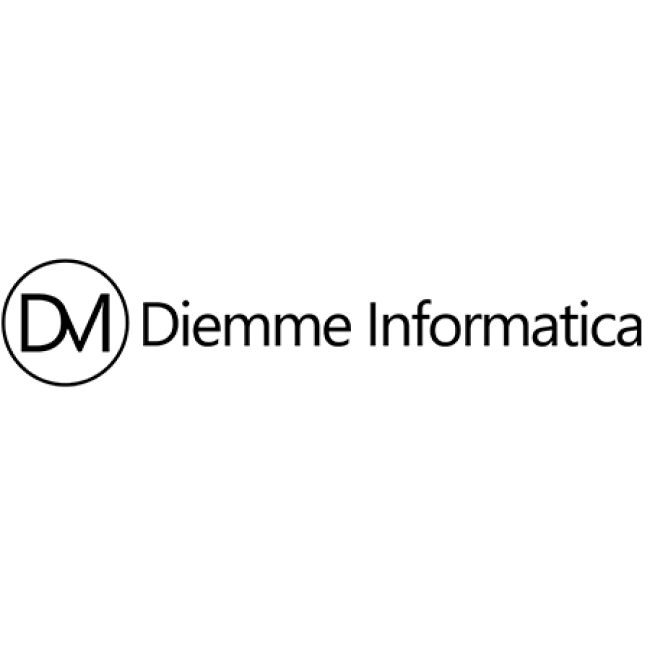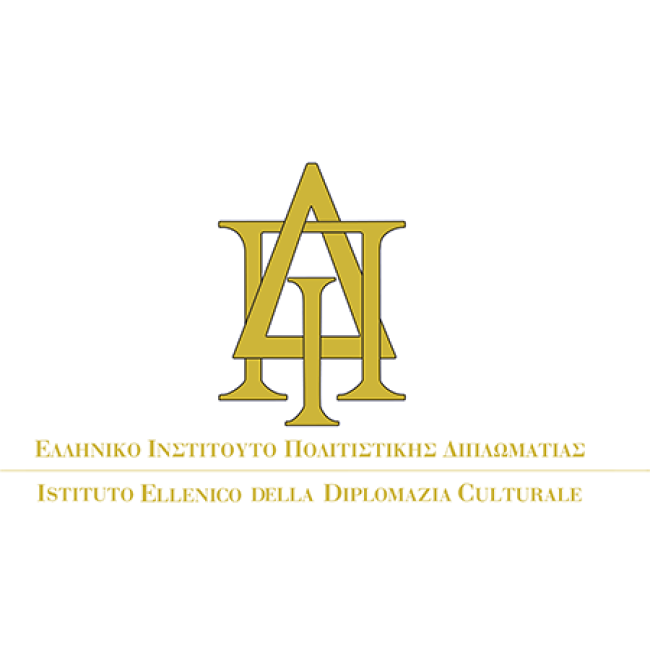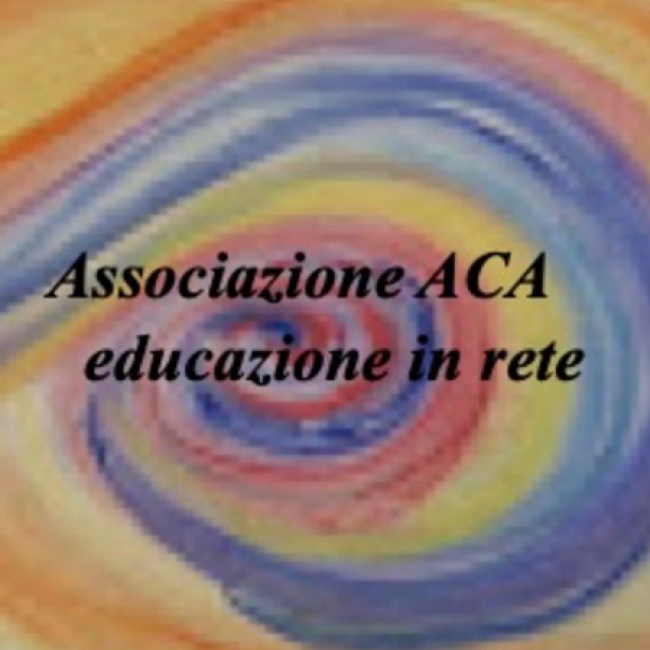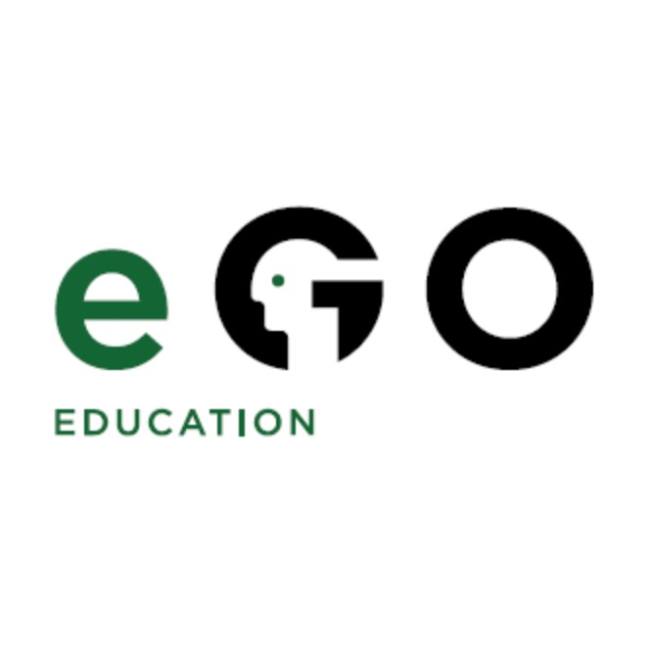ACADEMY COURSE - ETHOLOGY APPLIED TO ANIMAL WELL-BEING, HUMAN-WILD LIFE RELATIONSHIPS AND ECOSUSTAINABLE TOURISM
If animal behavior and welfare fascinate you and you have always been interested in discovering the secrets of these applied sciences, this course is for you.
We will help you develop the knowledge and critical thinking to approach the world of ethology in a practical way through remote and other interactive lectures.
The training will be correlated with scientific articles and popular papers to learn how to ethically and consciously relate to other species from a biocentric and respect, abandoning moralisms and applying instead the study of wildlife conservation and domestic animal welfare.
Learning Objectives
- Become more familiar with the world of animal behavior
- To learn the techniques and methods of ethological research
- Understand the basics of animal welfare and ethics
- Learn to recognize ethical frameworks for ex situ wildlife recovery and conservation
- Delve into the topic of sustainable tourism with wildlife
- Know how to act practically to help animals in distress in a practical way
- Learn skills to ensure species-specific ethological well-being for our pets
- Develop critical thinking and reasoning about the human-animal and human-nature relationship
- Enter into a biocentric view of the natural world
Employment outlets
- Disseminator in the field of ethology
- Operator in recovery centers and ex situ zoological facilities
- Ethical wildlife tourism professional
- Apprentice wildlife conservation technician
Target audience for the course
- Dog educators
- Volunteers of kennels and rescue centers
- Wildlife science, veterinary or biology students
- Wildlife guides
- Environmental educators
- Passionate about the animal and natural world
Admission requirements
High School Diploma
Verification and final test
Multiple-choice test
Academy Course Duration
8 hours of recorded video course + possibility of an on-site internship/experience in Naturin (TO)
Course start and end dates will be communicated by Lecturers
Qualification Achieved
Participants obtain certification as: Technical expert in "Ethology applied to animal welfare, human-wildlife relations and eco-sustainable tourism"
Mode
Online
Registration
Always open all year round
Price
EUR 100.00 (CHF 100.00)
THE COURSE ON “ETHOLOGY APPLIED TO ANIMAL WELL-BEING, HUMAN-WILDFEAT RELATIONSHIPS AND ECOSUSTAINABLE TOURISM” IS APPROVED BY AIGAE FOR THE RECOGNITION OF NO. 3 TRAINING CREDITS FOR THE PURPOSES OF PROFESSIONAL UPDATING.
A 10% DISCOUNT IS PROVIDED FOR AIGAE MEMBERS (to be indicated when booking at chiaragrasso.eticoscienza@gmail.com)
Lecturers in charge
Prof. Chiara GRASSO
Prof. Christian LENZI
Modules and content
Module 1
- What is ethology
- How ethology is studied (places, methods, applications)
- Historical background of ethology
- Ethological elements of the subject
- How to become an ethologist and researcher
- Ethology 2.0: today's challenges
- Insight into reading and writing scientific texts
Module 2
- From theory to practice: animal welfare
- Differences between welfare and wellbeing
- Study techniques and field of application
- Applying ethology to improve welfare
- Insight into domestic species (dog, cat, etc.)
- When the welfare of our 4-legged friends collides with biodiversity
- Job openings
- Our experiences in different ethological fields
Module 3
- We and other animals
- The biocentric vs. anthropocentric view
- Types of multispecies relationships
- Differences between domestic and wild species
- Insight into dog and cat domestication
- Homo sapiens and wildlife
- Coexistence in cities
- What to do if you find an injured wild animal -> volunteer opportunities in CRASs
Module 4
- The vision of ethical ethology - ethicscience association
- Human attitudes toward other species
- Our experience working in South Africa
- Non-charismatic animals
- Spectacularizing animals
- Insight into circuses
- Effect of mass media: movies, cartoons, advertising and conservation
- The age of the internet and social media
- Keeping pets belonging to wild species
- Pet trade: from welfare to environmental protection
- Invasive species
Module 5
- Concept of boundaries
- Interactions with wildlife in the wild
- Wildlife observation in its habitat
- Wildlife photography
- Safari and animal proxemics
- Insight into how to become a safari/tourist guide
- Link between ethology and tourism
- Our experience working in Costa Rica
- Conservation, parks and environmental protection
- Insight into the relationship with large carnivores
- Tourism activities with animals
- Insight into zoological facilities
- The world of fake sanctuaries, with case studies
- How to choose an ethical wildlife volunteer
- Advice on sites and portals to follow
- The field test: experience with Naturin
Internship (optional)
An optional internship with Naturin (TO) is available upon request.
For more information about the optional internship, please contact the Lecturers in charge.








